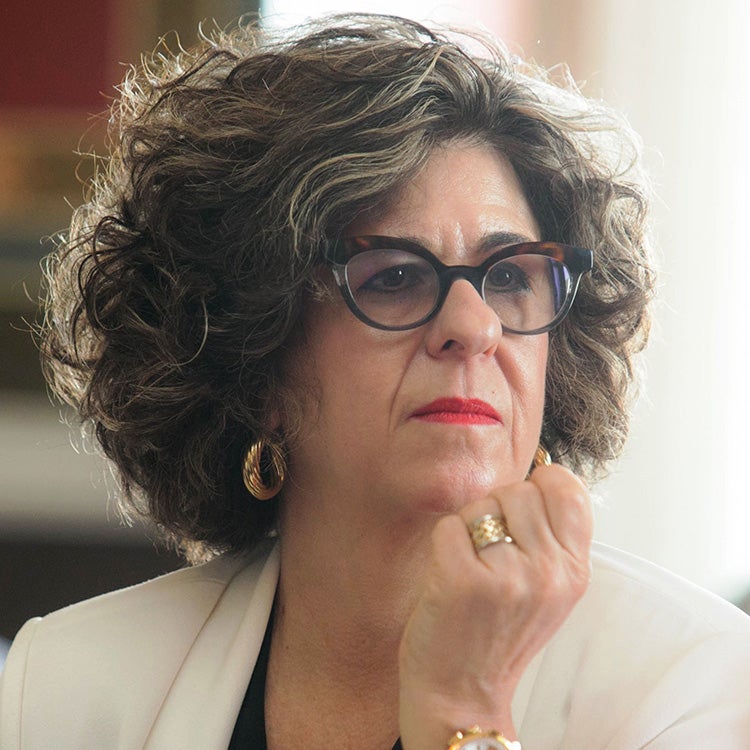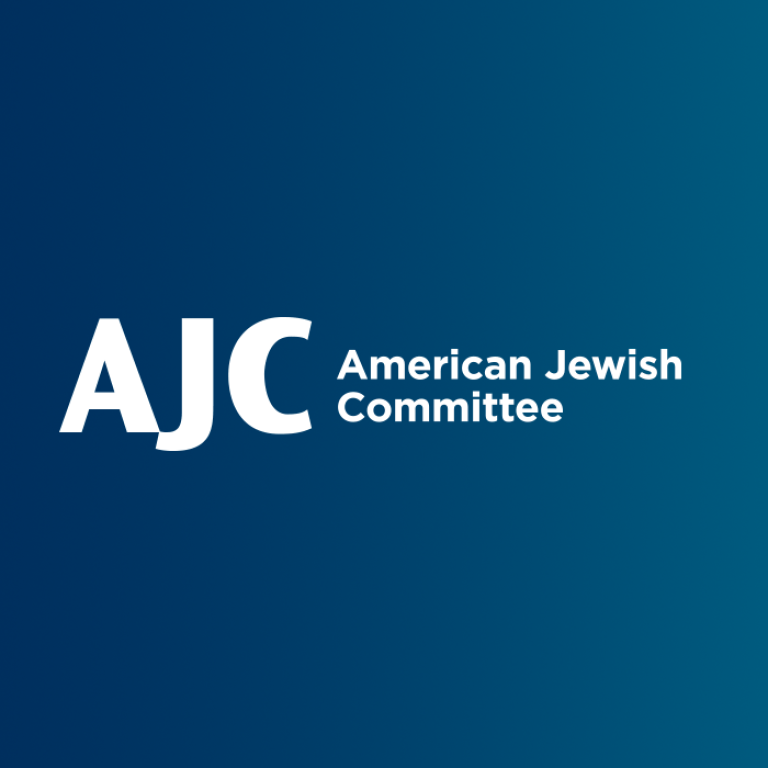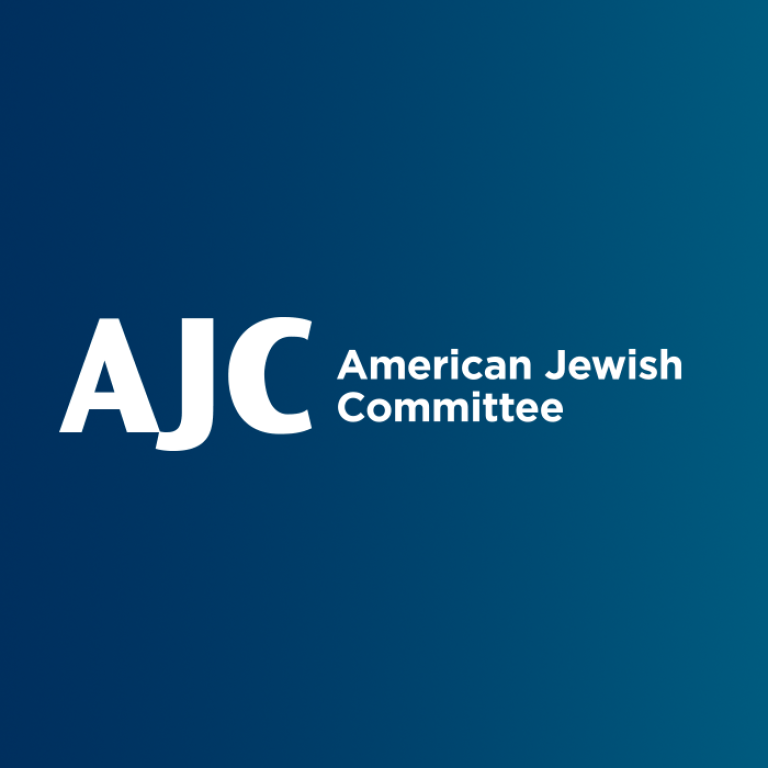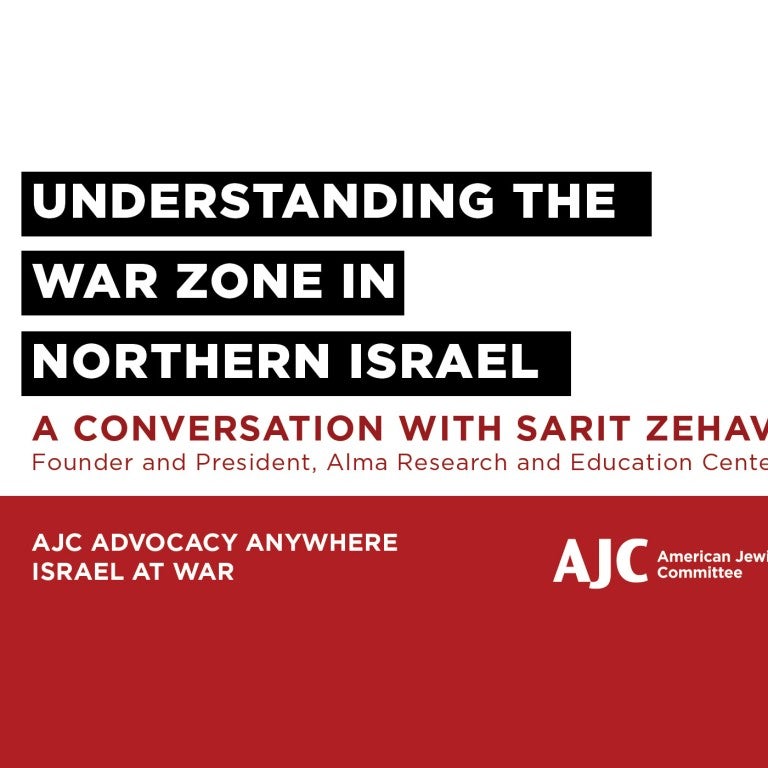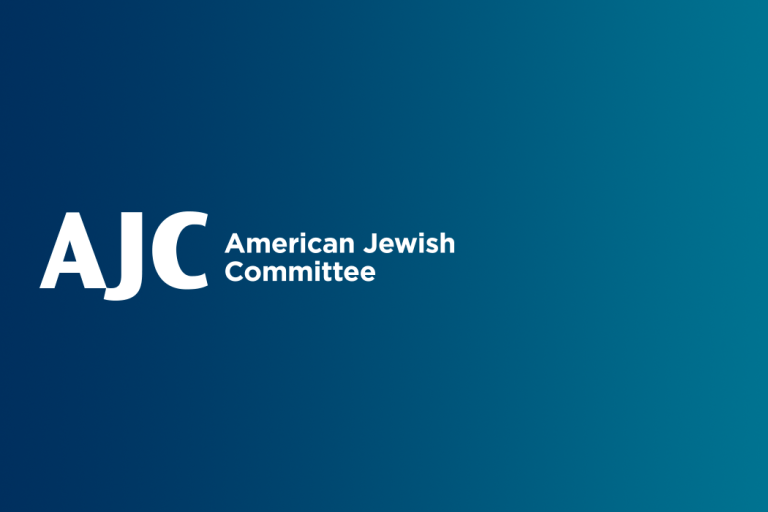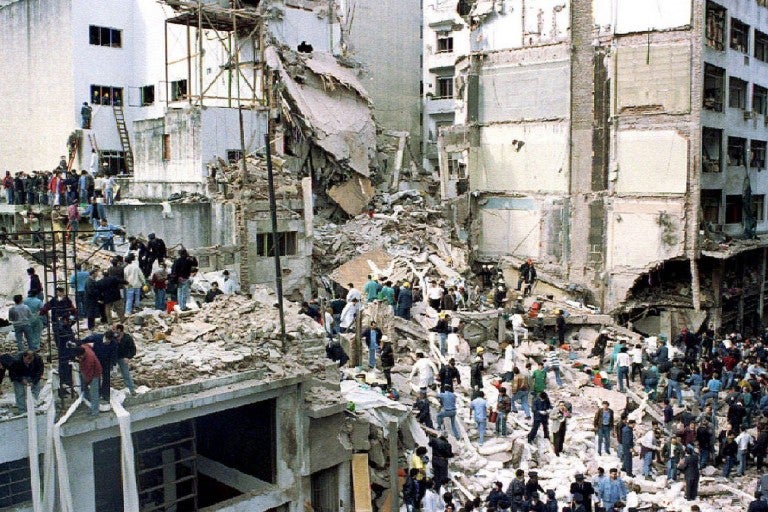July 26, 2024 — Buenos Aires
This column originally appeared in Algemeiner.
When I arrived in Buenos Aires earlier this month to observe the 30th anniversary of the bombing of the Argentine Israelite Mutual Association (AMIA) building, it was a ritual that had become all too familiar.
On July 18, 1994, an explosives-laden van driven by a Hezbollah terrorist linked to the Iranian regime plowed into the AMIA building, killing 85 people and wounding more than 300. It was a severe blow to the institutional heart of the largest Jewish community in Latin America, and remains the worst antisemitic attack outside of Israel since the Holocaust.
I always make observing the anniversary a high priority as both a Latina woman and a Jewish professional. At the time, I was head of political affairs for the Mexican Jewish community, and I remember that tragic date vividly, as we mobilized locally to denounce this heinous act.
Even though it happened thousands of miles away, the bombing was personal, and the pursuit of justice has also become a relentless commitment for the past three decades.
Before 1994, Latin American Jews often viewed violence against Jews and Jewish institutions as something that happened elsewhere. It took AMIA to realize we could be targets anywhere, anytime. AMIA may have been 30 years ago, but it matters to me more than ever.
Make no mistake, though. The wait for justice remains an agonizing source of frustration for me and all the public officials, diplomats, and Jewish leaders who I joined this year for the memorial ceremony in Buenos Aires.
In April, Argentina’s top criminal court ruled that Iran was a terrorist state and a mastermind of the bombing, which was carried out by members of its terror proxy, Hezbollah. Yet, international arrest warrants — and Interpol red alerts — for the senior Iranian officials and Lebanese nationals suspected of playing a role in the bombing have led nowhere.
Argentina was once a nation that wavered about pursuing the AMIA murderers. Attempts at identifying and finding the perpetrators were stymied by multiple episodes of corruption, incompetence, neglect, and outright malfeasance.
It was as if the sting from the tears of the 200,000 Argentines who, shortly after the attack, filled a downtown Buenos Aires plaza to sing the Argentine and Israeli national anthems and chant the mourner’s Kaddish, meant nothing.
Prior Argentinian governments operated in the hope that time would let AMIA fade into distant memory. Of course, the Jewish community in Argentina and many other people who believe in truth, memory, and justice in that country and elsewhere were not going to let that happen. They understood that the only way of preventing future instances of violence was to overcome impunity and ensure that those responsible would be held to account for their savage actions.
AMIA has been at the top of my mind since I started working at American Jewish Committee (AJC) in 2003. Together with former AJC CEO David Harris and our AMIA partners, I spent many years trying to persuade Argentina to unequivocally identify Iran as the culprit, and designate Hezbollah as a terrorist organization.
That finally happened thanks to the efforts of Special Prosecutor Alberto Nisman, who paid with his life for pointing the finger at Iran and Hezbollah.
In 2019, an Argentine judge and high-ranking officials were among those sentenced to prison terms for concealing and destroying evidence and facilitating the attack.
Those events presaged a sea change in how Argentina viewed its obligations to the Jewish community. In 2020, it adopted the International Holocaust Remembrance Alliance Working Definition of Antisemitism, and last year became the first Latin American nation to appoint an antisemitism envoy.
Argentine Jews should also be buoyed by their president, Javier Milei, who, since he took office in December, has been an enthusiastic supporter of Israel and Jewish interests.
Milei has blamed Iran’s “fanatical government” for the bombing, and vowed to pursue justice for AMIA. He also said he would propose legislation that would allow the AMIA suspects to be tried in absentia.
I want to feel encouraged by these developments, especially after decades of feeling hopeless. But it isn’t easy. As I stood outside AMIA on July 18, alongside AJC CEO Ted Deutch, I was jolted by the plaintive wail of a memorial siren at 9:53 a.m., the minute the bomb went off in 1994. Ten thousand people clamored for justice while raising the photos of the 85 victims.
We heard the harrowing memories, as vivid as ever, of some of the families of the victims. It was truly one of the most emotional experiences of my life, particularly at a time when the Jewish people and Israel are facing dire existential challenges.
I’ve heard that memorial siren before. But you’re still never ready when it goes off. Its mournful sound commands us to sear that awful day into our collective memory. It is also an urgent call for justice. The AMIA victims and their families have been in search of it for 30 years.
For them, for us all, let’s hope they find it soon.
Dina Siegel Vann is Director of the AJC Arthur and Rochelle Belfer Institute for Latino and Latin American Affairs.

